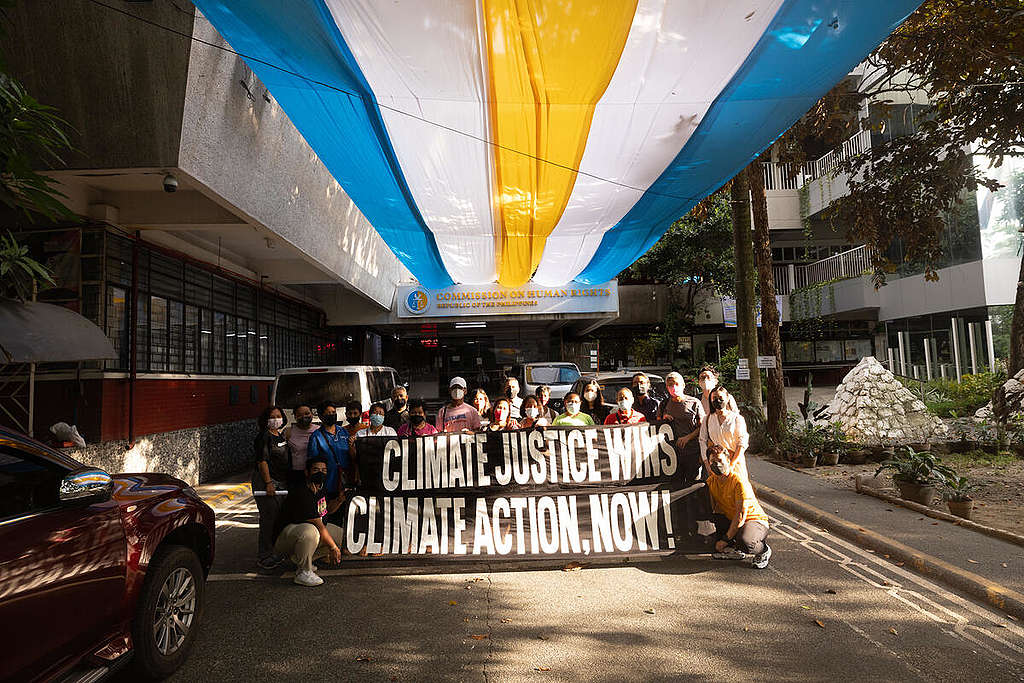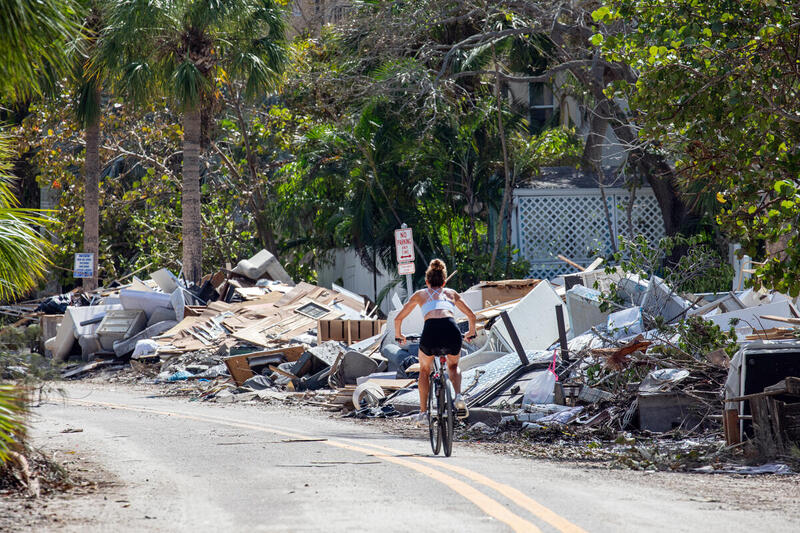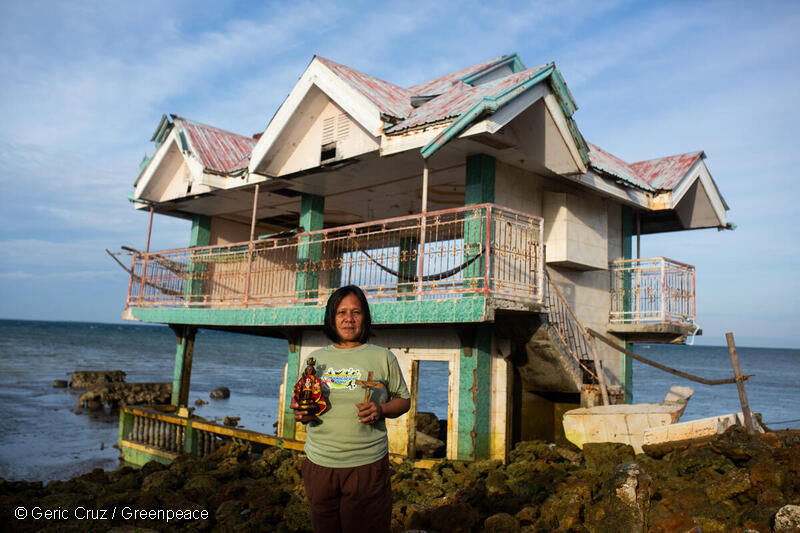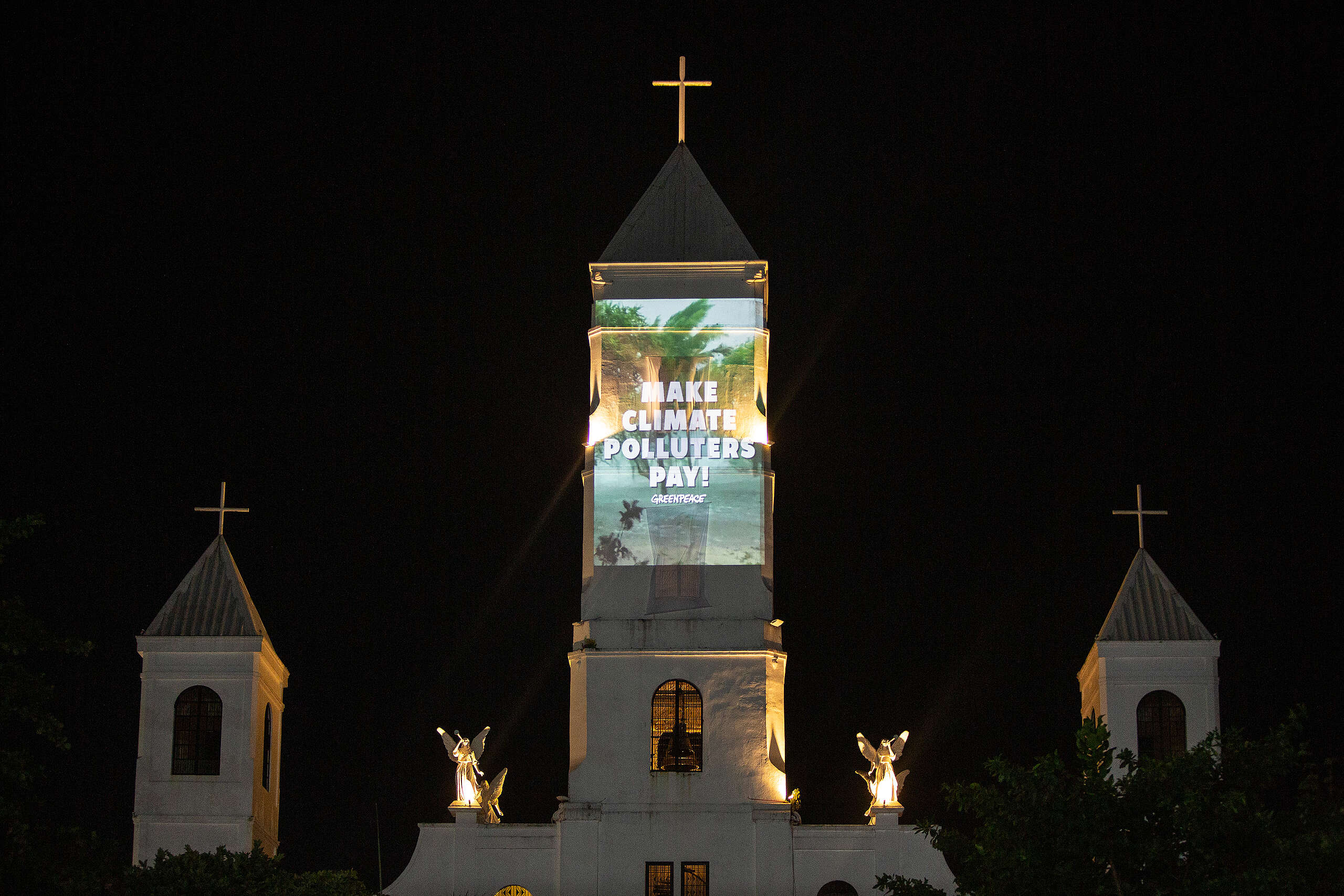Imagine strolling through the bustling streets of Manila, the sun scorching you with an intensity that rivals the Sahara. Suddenly, without warning, a torrential downpour transforms EDSA into a chaotic river. This is climate change in action – it can be a climatic rollercoaster as unpredictable as a telenovela plot. But let’s go deeper into this issue.
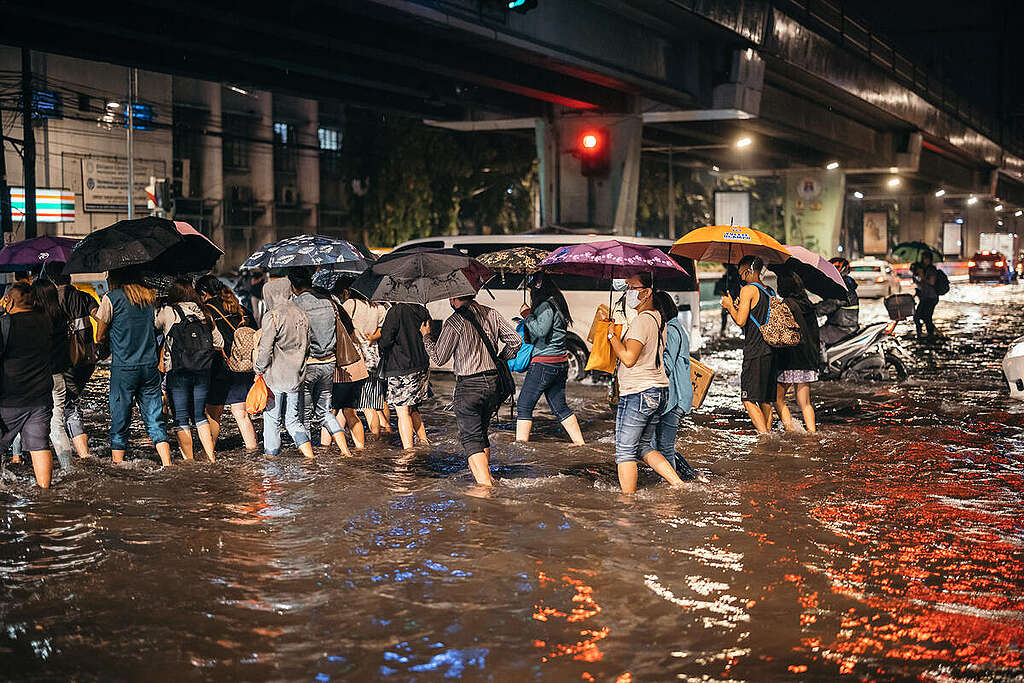
What is climate change?
In its simplest form, climate change is like the plot of an unpredictable suspenseful thriller, with real-world consequences that would put any blockbuster to shame. According to the United Nations, climate change refers to a long-term change in temperatures and weather patterns that have come to define Earth’s local, regional, and global climates. It’s akin to our planet experiencing a system error, resulting in rising temperatures, erratic weather patterns, and unpredictable climatic extremes.
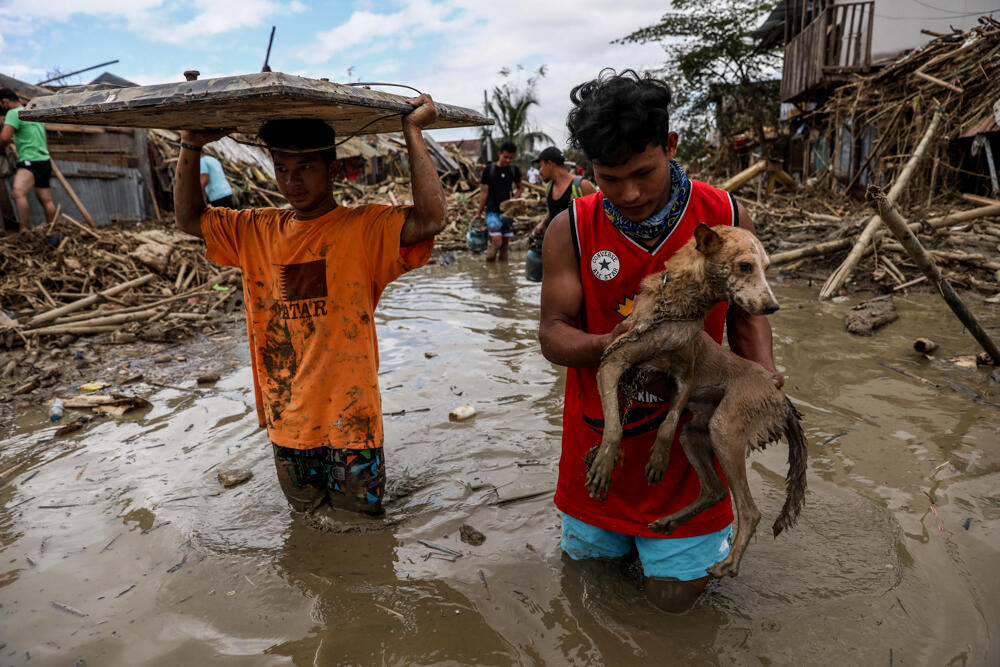
What causes climate change?
While these shifts may be natural, human activities like burning of fossil fuels have accelerated climate change for decades. The fossil fuel industry has been burning fossil fuels like coal, oil, and gas relentlessly, releasing a deluge of greenhouse gases into the atmosphere. These gases act like a thick, heat-trapping blanket, causing temperatures to soar.
Our personal choices in many areas, such as diet, travel, household energy use, may contribute to climate change, though they make up just a small fraction of greenhouse gas emissions compared to the fossil fuel industry’s, which account for over 75 percent of global greenhouse gases according to the United Nations. Despite the glaring warning signs and the mounting evidence of their role in climate change, the fossil fuel companies have consistently prioritized profits over the well-being of our planet. For years, they’ve sowed doubt and misinformation with their greenwashing tactics, concealing the damages they do to the environment.
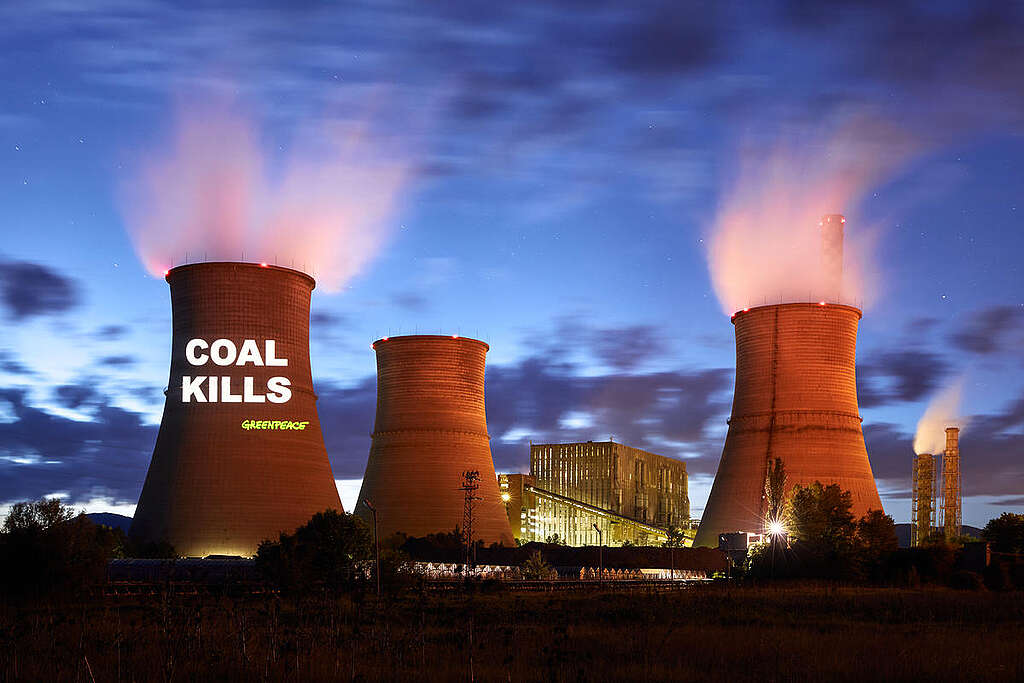
These fossil fuel companies have held governments and regulations at bay, protecting their interests while the Earth and the people pay the price. The result? A planet that’s warming at an alarming rate, with consequences that affect every corner of the globe.
What are the impacts of climate change?
The effects of climate change are not limited to mere dramatic weather shifts. They affect every facet of our lives. Consider food security, for instance. Changing weather patterns disrupt agricultural cycles, leading to crop failures and food shortages. Health is another concern, with an uptick in heat-related illnesses and the spread of diseases into new regions. Our rich biodiversity also suffers, as extreme weather events like typhoons, drought, and wildfires affect their habitat.
And then there’s the injustice of it all. Vulnerable communities, often those who’ve contributed the least to this crisis, bear the brunt of its consequences. They are the ones who must adapt to new and harsh environments, facing the stark reality of a warming world with fewer resources and less protection.
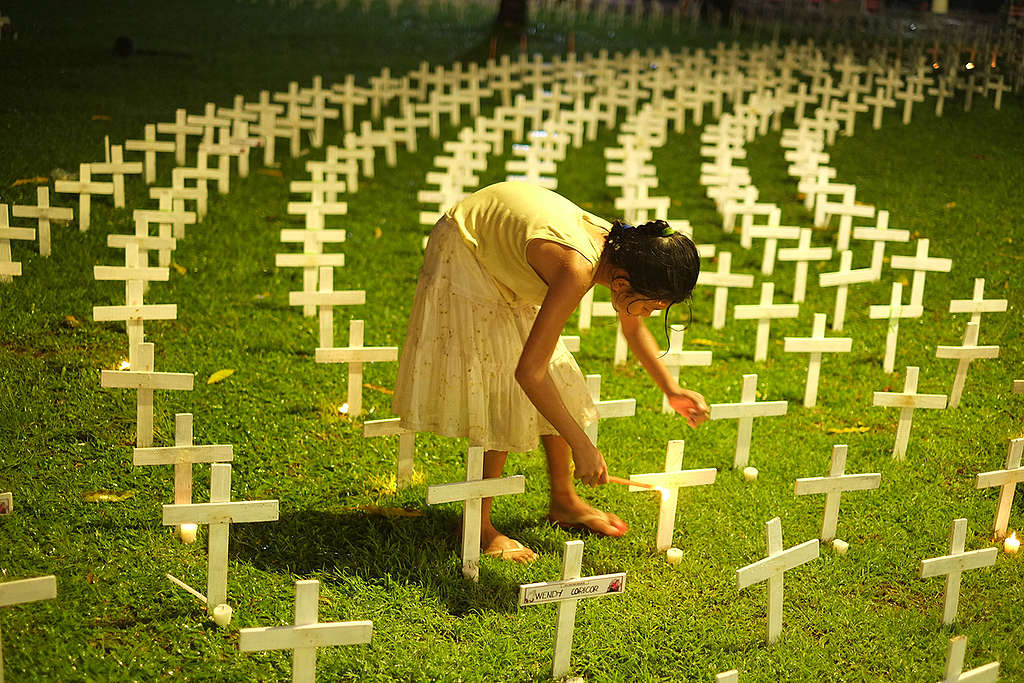
Think back to Super Typhoon Yolanda. It wasn’t just another weather event; it was a stark reminder of the devastating impacts of climate change. Rising sea levels, intensified typhoons, and more frequent floods are not just distant threats; they’re our present-day reality in the Philippines. Our coastal areas are increasingly vulnerable, our food supply becomes more uncertain, and our communities face greater hardships.
What can we do to address climate change?
Addressing climate change isn’t a mere choice; it’s an urgent necessity. It’s time for us to support the transition to cleaner energy sources, the reduction of carbon emissions, and the initiatives that protect the most vulnerable among us. But it doesn’t stop there.
We must hold fossil fuel companies accountable for their role in this global crisis. It’s time for these fossil fuel companies to pay their dues. The profits they’ve reaped at the expense of our planet must be used to fund solutions and support those most affected.
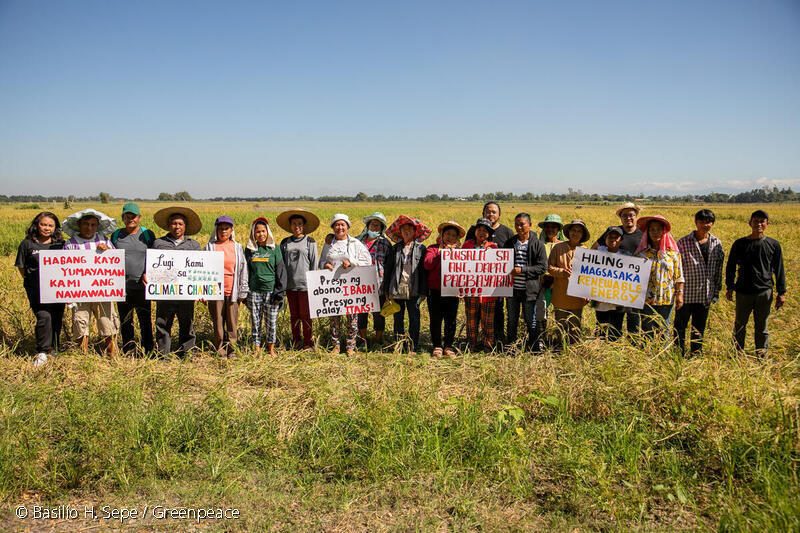
This isn’t just a subplot in the story of our planet; it’s the main plot, and it’s high time we rewrote it for a safe, sustainable, and just future. Climate change is not someone else’s problem; it’s everyone’s problem, and the clock is ticking. It’s time to act and make the fossil fuel industry pay for the damages they’ve caused, bringing justice to the people and the planet.
